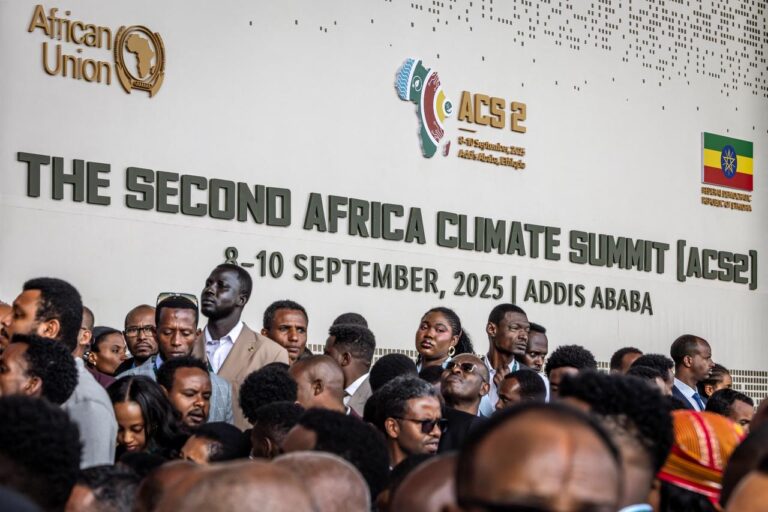The European Union is currently embroiled in internal debate after a proposal emerged to reduce greenhouse gas emissions by 90% by 2040 relative to 1990 levels. The target is being pushed by the European Commission as part of its long-term climate strategy, but several member states are raising concerns over feasibility, economic impact, and political backlash.
France has assumed a pivotal role in negotiations, seeking to balance ambition with realism. Paris insists on robust protections for industries likely to be severely affected, requesting allowances such as extended carbon credit mechanisms and consideration for nuclear energy’s role in securing clean baseload power. French officials are also demanding that industries facing stiff competition from non-EU producers receive support to offset transition costs.
Countries like Germany and the Netherlands largely back the proposal, though both express willingness to negotiate flexibility in implementation. In contrast, nations in Southern, Central, and Eastern Europe—including Italy and several Eastern European states—are more skeptical. Their objections center on fears that aggressive climate policy will threaten energy security, drive up costs for consumers, and exacerbate socioeconomic divides.
Amid the debate, environmental groups warn that delay in consensus could harm EU credibility ahead of global climate summits, particularly the upcoming COP30 in Brazil. Climate activists argue that partial or watered down agreements may send negative signals about the bloc’s commitment to global climate goals.
The conflict highlights deeper tensions in the EU: how to align climate ambition with economic realities; how to aid regions disproportionately impacted; and how to balance central EU policymaking with the sensitivities of national sovereignty. Some member states want transition funding focused on rural and industrial communities hardest hit by decarbonization, while others push for gradual phase-outs or carve-outs for sectors like steel, aviation, or agriculture.
EU negotiators are now working on compromise proposals. Potential measures under discussion include enhanced use of carbon credits, flexible emissions trading, modular national reduction paths that allow slower reductions in certain sectors or regions, and financial support mechanisms to ensure an equitable transition.
Observers warn that failure to reach a deal could result in disunity, weakening of climate leadership globally, or potential backlash at the polls in member states skeptical of stringent policies. On the other hand, success could elevate the EU’s position as a frontrunner in climate policy and reinforce its role in shaping international standards.




